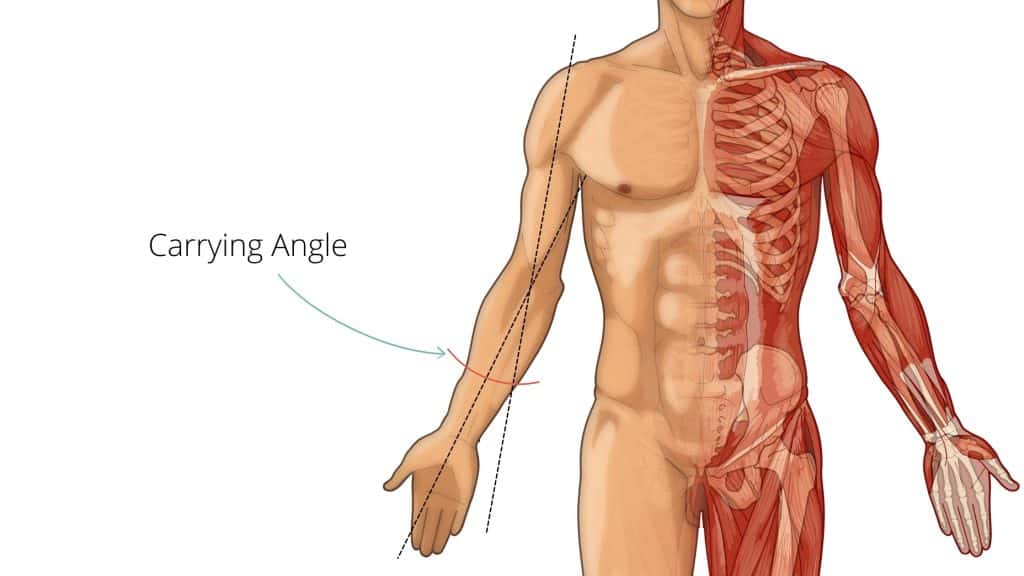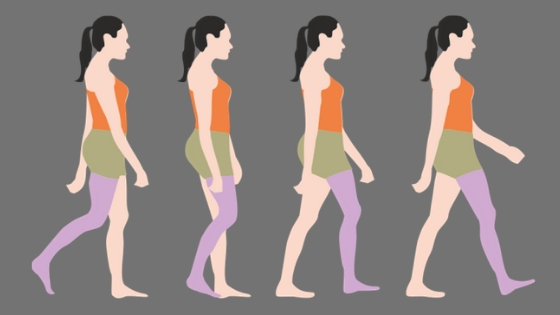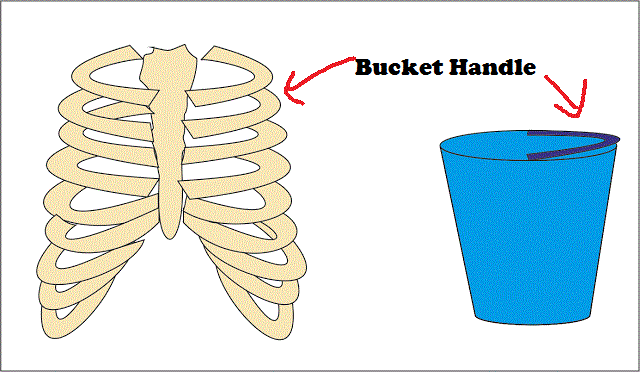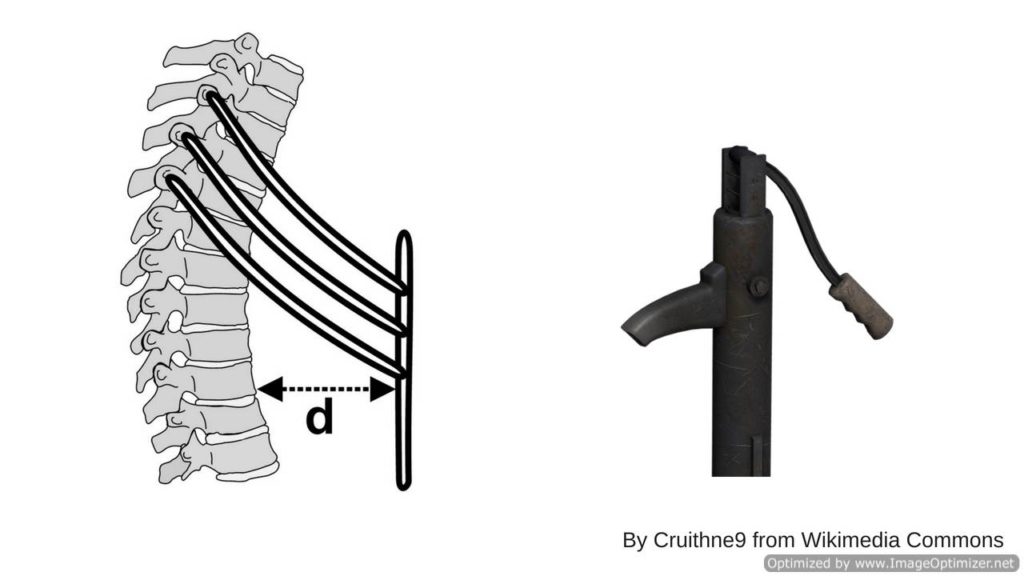
The person going for weight loss surgery is exposed to an increased risk of bone fracture finds a recent study. Bariatric surgery is a common surgery for weight loss and there are different types of bariatric surgery.
Association of fracture with bariatric surgery were already known to scientist. However, in the recent research published in the Journal of Internal Medicine, scientist were curious to investigate the association between different bariatric surgery procedures and fracture risk.
The research was conducted on the Swedish patients and the results highlight the need for long-term follow-up of bone health for patients undergoing this treatment.
So, what the researchers actually find in the study and what was the result that made scientist to conclude this. Let’s find out in this article.
Table of Contents
Bariatric surgery and bone fracture
For a severe obese person, bariatric surgery is the only treatment for weight loss. There are three class of obesity and the class 2 and class 3 obesity being very severe obesity with BMI score of 35-40 and 40 & above respectively.
However, class 1 (BMI 30-35) obesity and overweight (BMI 25-30) can be managed with Time Restricted Eating (TRE) without the need of exercises. You can find your BMI score by using a BMI calculator to know your body weight status.
Actually, this surgery involves a procedure to change the digestive system so that you can eat less, drink less. This is achieved by either reducing the size of stomach or the small intestine.
These surgeries are:
- Gastric bypass,
- Gastric banding, and
- Vertical banded gastroplasty
However, bariatric surgery, especially surgical procedures that affect nutritional absorption such as gastric bypass and biliopancreatic diversion, may also lead to nutritional deficiencies. Such deficiencies result in low levels of minerals and vitamins, including calcium and vitamin D , which are important for bone formation and maintenance of bone mineral density.
Swedish patients recruited for study
To find out the association of different types of surgery and fracture, the researchers recruited 2007 Swedish patients who had undergone bariatric surgery. They also recruited 2,040 matched patients who did not undergo surgery.
Both the group were followed up between 15 and 18 years after enrolling them in the study.
Doctors collected the data of fracture by searching the Swedish National Patient Register where they would have admitted into the hospital or have just received the outpatient treatment.
The risk factors for fracture and weak bones like smoking and menstruation were collected by questionnaire given to the patient.
All the collected data were then analysed.
Result of the study
The highest incidence rate for first-time fracture was observed in the gastric bypass group (22.9 per 1000 person-years). The corresponding incidence rates were 10.4, 10.7 and 9.3 per 1000 person-years for the vertical banded gastroplasty, gastric banding and control groups, respectively.
conclusion
The risk of bone fracture was increased in the gastric bypass group compared with the control group, the gastric banding group, and the vertical banded gastroplasty group.
Reference Journal: Ahlin, S. (2020) Fracture risk after three bariatric surgery procedures in Swedish obese subjects: up to 26 years follow‐up of a controlled intervention study. Journal of Internal Medicine. doi.org/10.1111/joim.13020.





